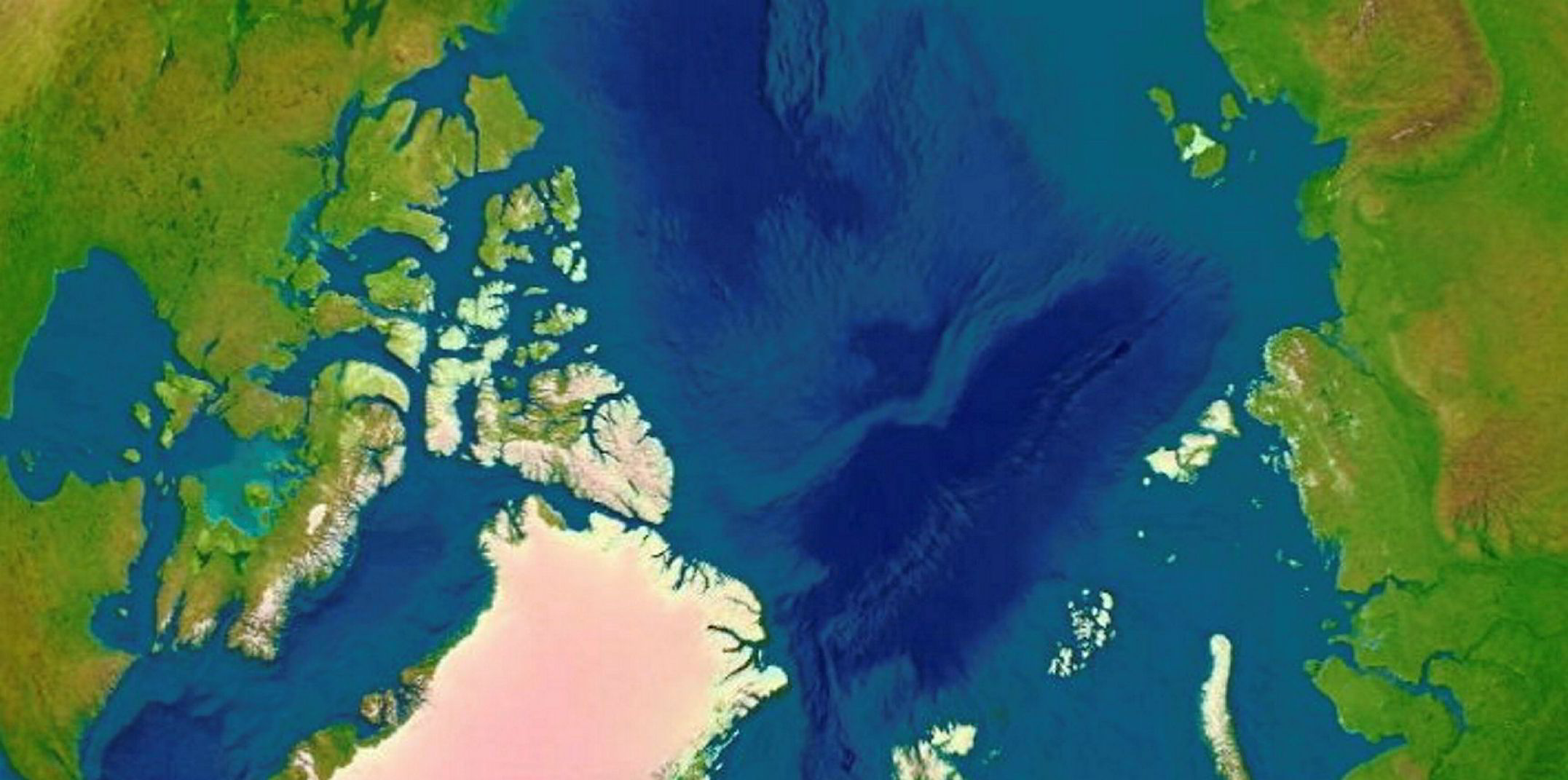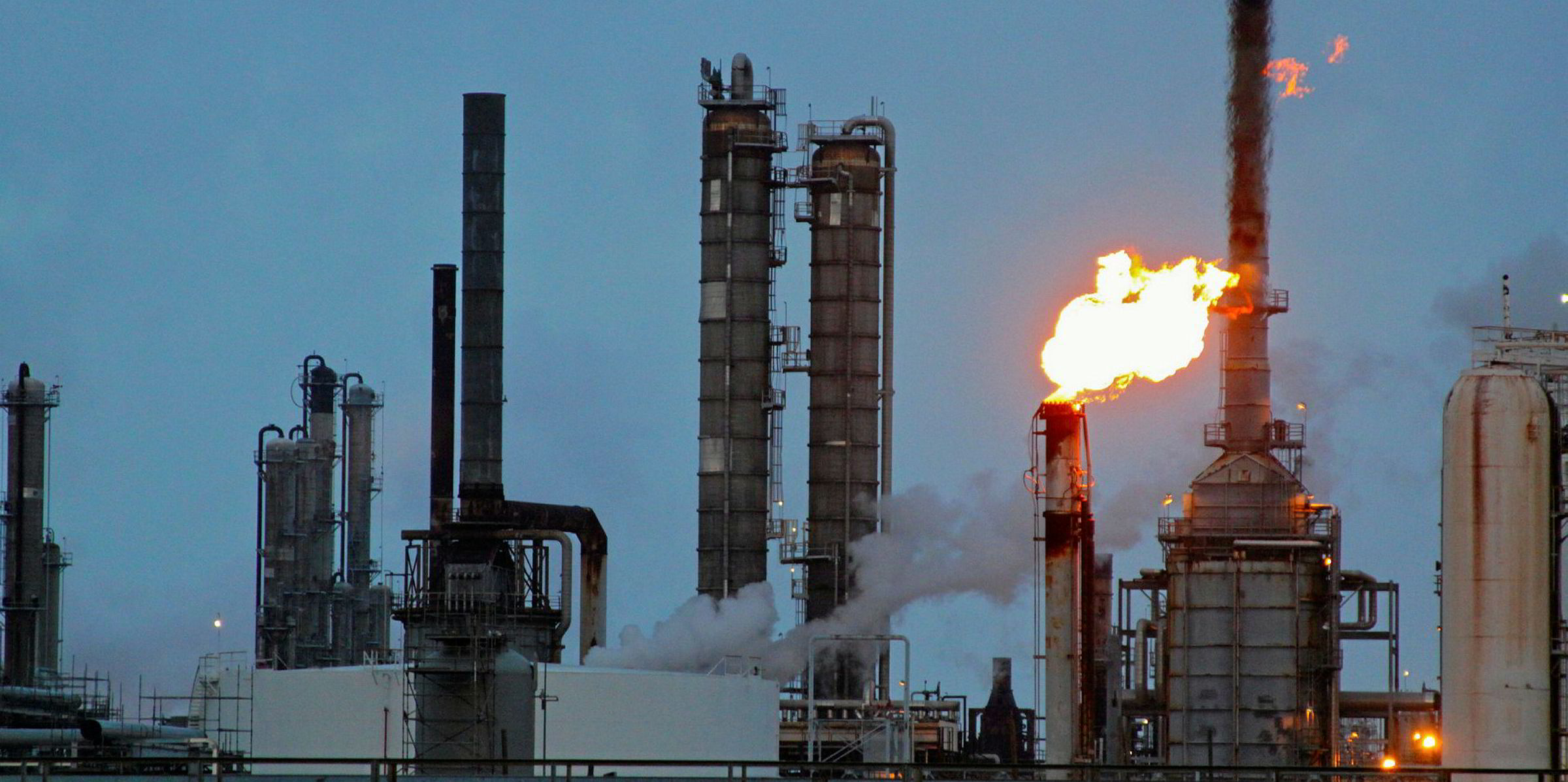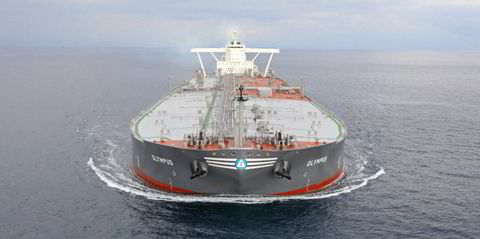The IMO has been urged to ban fuel oil in the Arctic following the publication of a new report into climate change in the oceans.
The Clean Arctic Alliance (CAA) and the Inuit Circumpolar Council Canada called for urgent action to bar its use and carriage to cut emissions and spill risks.
They were responding to a study by the Intergovernmental Panel on Climate Change (IPCC) launched on Wednesday.
The report states: "Arctic ship-based transportation and tourism have implications for global trade, northern nations, and economies linked to traditional shipping corridors; they will also exacerbate local risks to marine ecosystems and coastal communities if further action to develop and implement regulations does not keep pace.”
The green groups said the report recognises shipping activity in the Arctic has increased over the past two decades, and highlights the need for urgent action to ensure that environmental regulation keeps pace with the increasing interest in Arctic shipping routes.
“The IPCC special report...makes clear that an IMO ban on the world’s dirtiest fuel - heavy fuel oil - is imperative if we are to diminish the risks to the Arctic environment from increased shipping,” said Dr Sian Prior, lead advisor to the CAA, a coalition of 18 international non-governmental organisations.
Sea ice at new lows
“Emissions of black carbon in the Arctic, from the burning of fuels such as heavy fuel oil, further exacerbates the accelerated melting of sea ice in the Arctic caused by climate change.”
Annual monitoring of the Arctic summer sea ice minimum shows that the 13 lowest extents have occurred in the last 13 years, the groups said.
The last few years have seen the first Northwest Passage transit by a cruiseship, and the first trips along the Northern Sea Route (NSR) by an LNG carrier, a containership and an LNG-fuelled tanker carrying a cargo of crude oil without the need for an icebreaker escort.
Chinese shipping giant Cosco has announced its intention to increase its use of the NSR.
CAA has again written to the company asking it to make public its choice of fuel when using the NSR, but Cosco has yet to reply, the statement said.
The IPCC said: “The conclusions of this new report are clear: human-induced global warming is drastically changing our oceans. They are heating up, becoming more acidic, contain less oxygen. Sea levels are rising much faster than anticipated."
"Oceans can only remain healthy if we limit global warming to 1.5°C. The EU therefore continues to urge for an ambitious implementation of the Paris Agreement."






